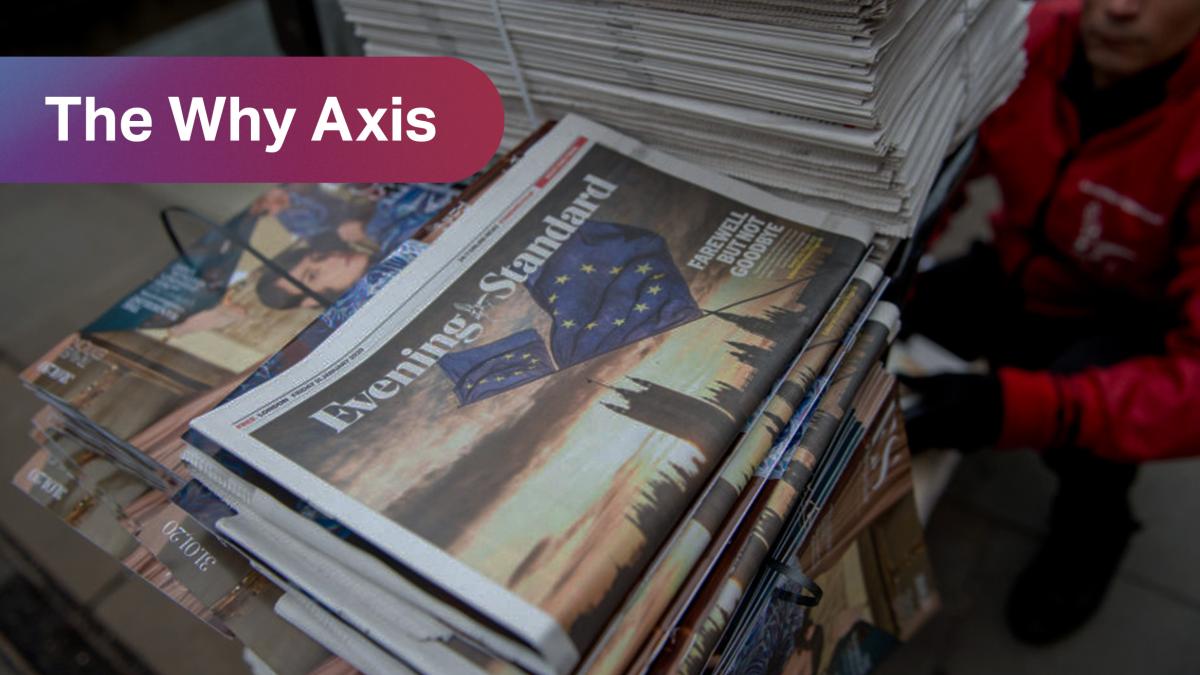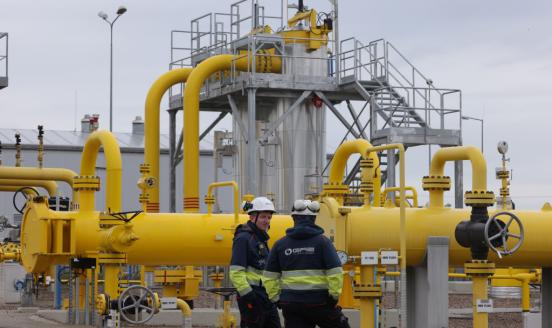How worried does Europe need to be about the coming winter gas season?


The European Union is prepared for the coming winter gas season. Today’s fundamentals are solid. EU gas demand continues to be reduced by around 15% below historic averages, liquefied natural gas (LNG) import capacity has been expanded by 20% while the global LNG market remains well supplied partly thanks to the lack of significant demand growth in China. The EU met its 90% gas storage target two months ahead of a deadline in November, with traders now sending excess gas for storage in Ukraine. The EU has also seen accelerated deployment of green alternatives, such solar panels and heat pumps, which slowly but structurally contribute to lower dependence on gas.
Despite all of those positive developments, Europeans should not be complacent. Fears about gas shortages or power cuts have receded, but a persistently higher gas price vis à vis other markets and ongoing price volatility could still have repercussions for the EU industrial structure and the economy at large. Until more LNG liquefaction capacity comes online in 2024, the global LNG market and consequently the EU gas market, will remain tight.
It is important to stress, namely after the alleged sabotage of the Balticonnector connecting Finland and Estonia, that Europe's energy security during the winter also hinges on the integrity of its pipeline and LNG infrastructure. Sabotage or disruptions could have severe consequences. It is hence crucial to maintain a high level of alertness and security to safeguard these critical supply routes.
The Why Axis is a weekly newsletter distributed by Bruegel, bringing you the latest research on European economic policy.



